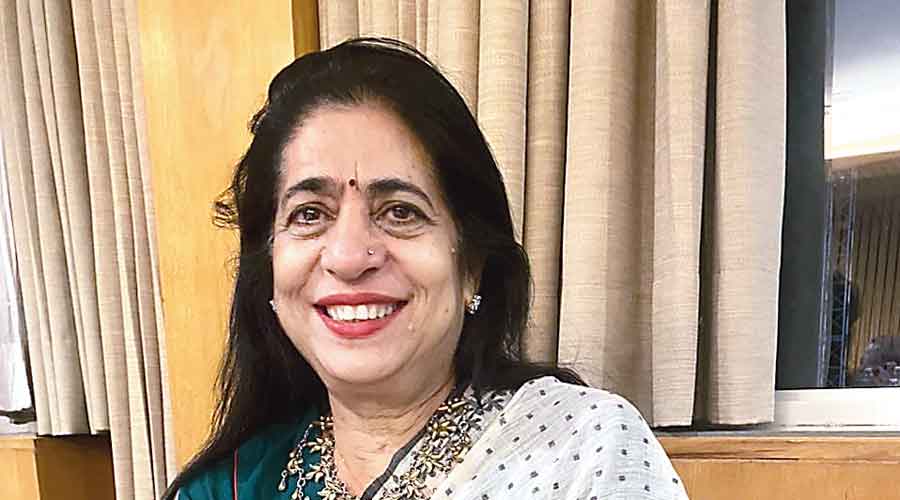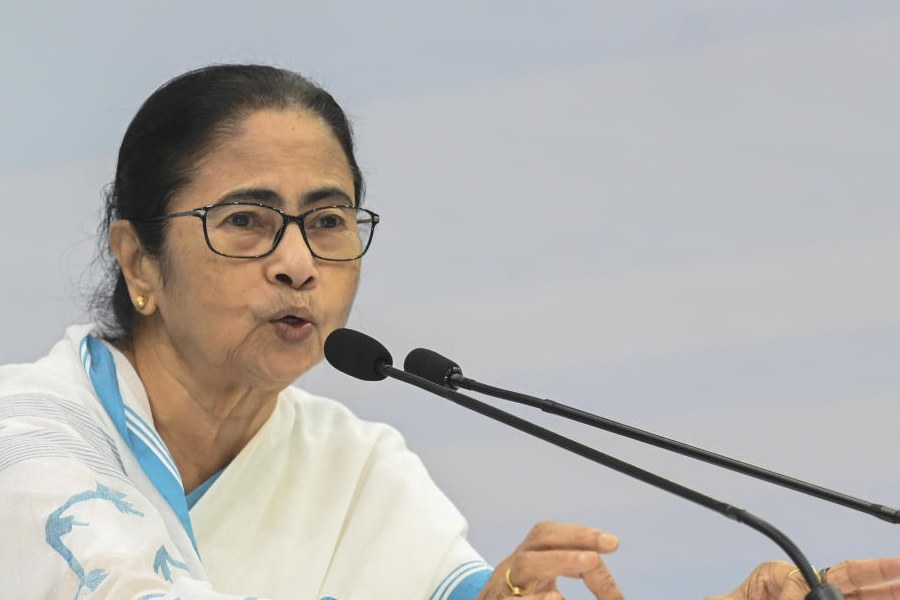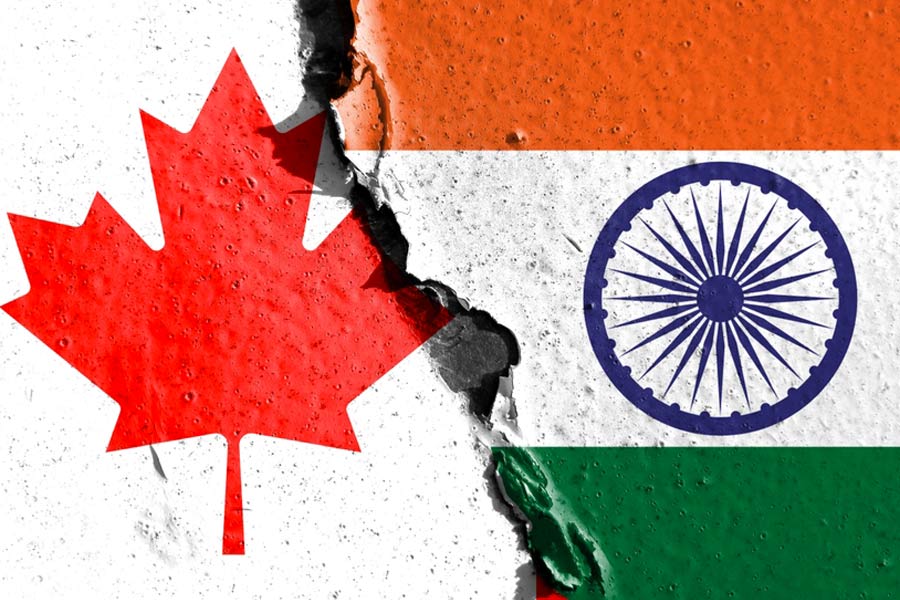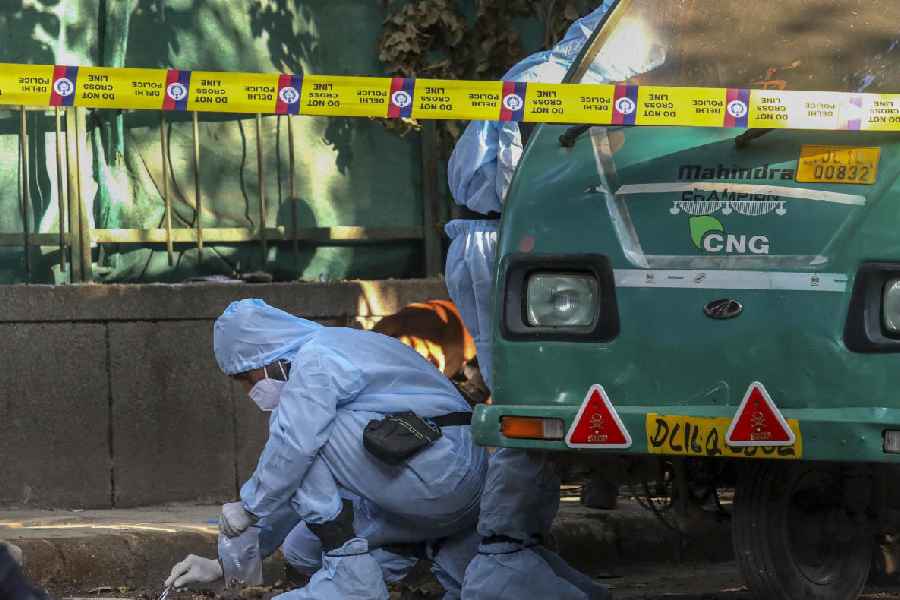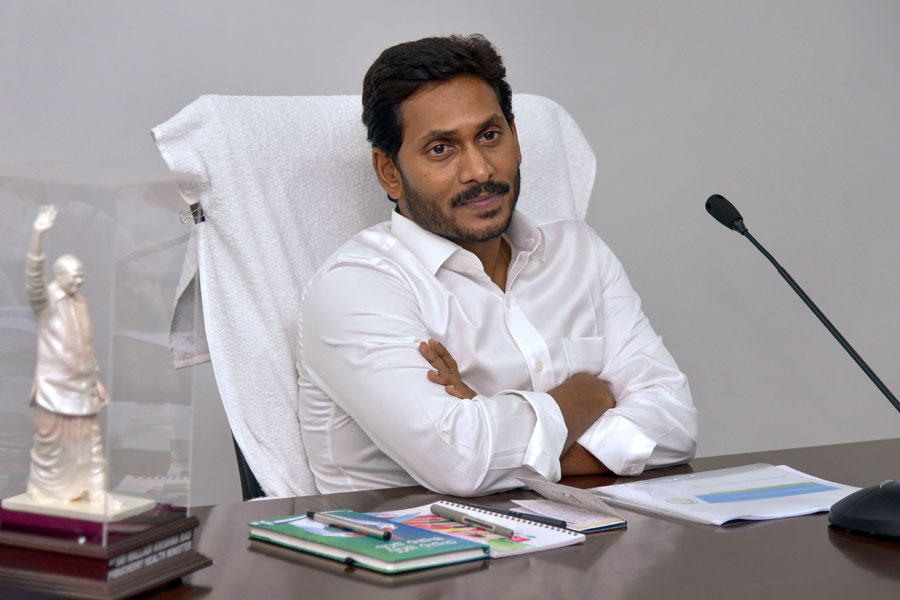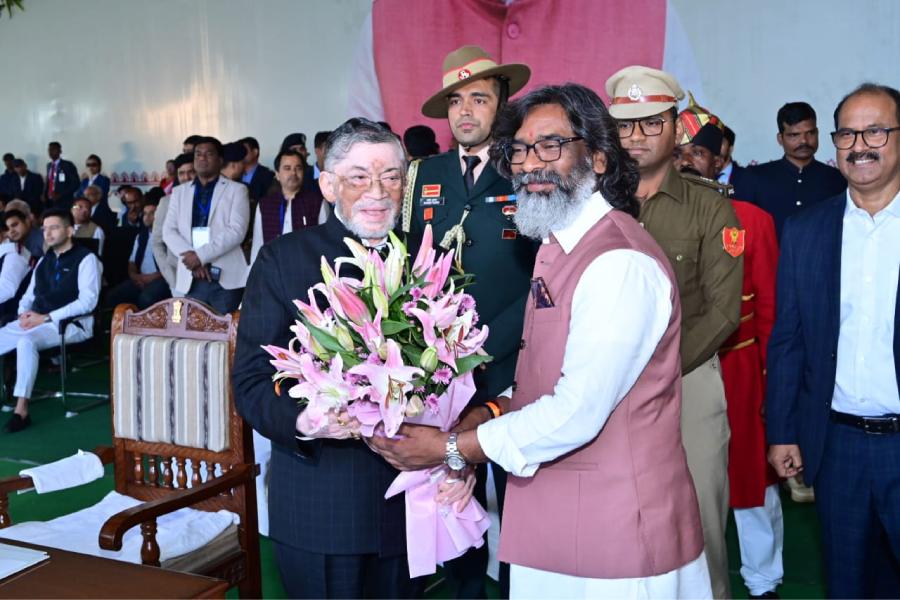The Indian Council for Cultural Relations in Delhi has postponed a large retrospective exhibition of the works of Dhaka-based artist Rokeya Sultana.
The postponement coincides with a furore led by the BJP in India over sectarian violence reported from Bangladesh during Durga Puja. But no one has yet directly linked the decision on the exhibition to the uproar.
The event was being organised in collaboration with the Bengal Foundation, a Dhaka-based art trust founded in 1986. The show was to open at the Lalit Kala Akademi on October 23 and display 120 to 130 works.
Amit Sahai Mathur, ICCR programme director, said the exhibition had been postponed for “logistical” reasons and that a new date would be announced “within a short while”.
The sudden decision caused surprise and disappointment. “Why was the exhibition closed? It makes one feel uncomfortable,” Jogen Chowdhury said.
“I cannot figure out the reason. I don’t know if the decision has anything to do with the incidents in Bangladesh. If it is so, then it is reason enough for worry.”
Rokeya, however, said over the phone from Delhi that she was not disappointed. “I will continue to paint. I hope something will come through. I’m optimistic,” she said.
Luva Choudhury, director-general, Bengal Foundation, chimed in with the artist. “This retrospective was to mark the 50th year of Bangladesh’s independence and 50 years of Bangladesh’s friendship with India. We hope to get new dates. I’m taking it on a positive note.”
Ina Puri, art writer and curator based in Delhi, was “disappointed”.
“I had written a monograph on Rokeya Sultana two years ago. That could not be launched earlier because of Covid, and this time owing to the postponement. I hope we shall hear back from the ICCR soon.”
Born in 1956 in Chittagong, Rokeya was initially trained as an artist at the government art college in Dhaka. Her father was from Burdwan but moved to what was then East Pakistan after Partition.
Rokeya did her MA and MPhil at Kala Bhavana, Visva-Bharati. Among her teachers were Somnath Hore, Lalu Prasad Shaw and Sanat Kar.
Kar said over the phone from Santiniketan that Rokeya’s work was “marked by diversity”.

